# Unlocking the Future of Smart Homes: The Role of Matter
Written on
Chapter 1: Understanding the Smart Home Dilemma
Imagine the convenience of managing your smart lock through any preferred smart home platform using your smartphone. A new standard is emerging to make this a reality.
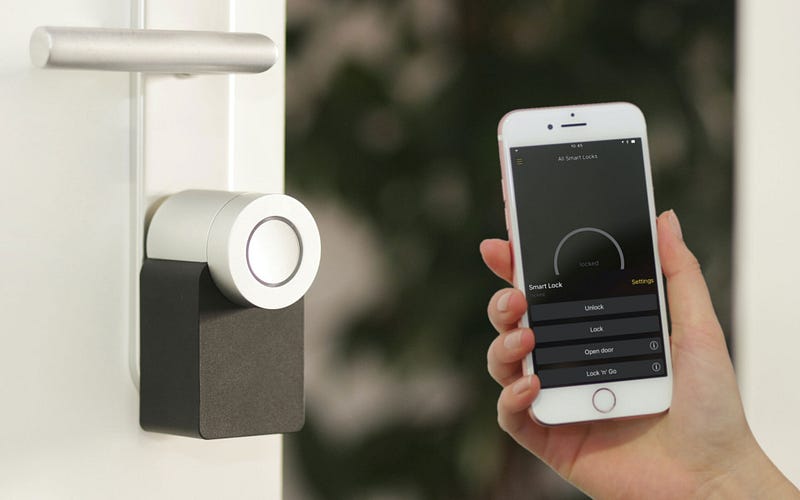
The concept of the smart home has often promised more than it has delivered. Initially envisioned as a seamless system for managing various household tasks—from lighting and security to heating and ventilation—this digital ecosystem has faced numerous challenges. While technology has advanced in various other fields over the past two decades, the smart home has remained frustratingly complex.
Choosing compatible devices has proven difficult, as manufacturers often design their products to function solely within their ecosystems, locking consumers into specific platforms. Voice assistants like Alexa, Google Assistant, and Siri can technically operate within a smart home, yet they rarely communicate effectively with competitors’ products, creating an ongoing struggle for consumers.
What is Matter and Why Does it Matter?
To illustrate the fragmentation of the smart home market, consider it as a shattered vase—this is where Matter comes in as the unifying glue. Over the last decade, four major platforms—Google Home, Amazon Alexa, Apple HomeKit, and Samsung SmartThings—have dominated the market. While their functionalities may be similar, interoperability has been neglected, making it difficult for consumers to integrate devices across different platforms.
Matter aims to bridge these gaps by establishing a common standard that allows devices from different manufacturers to work together seamlessly.
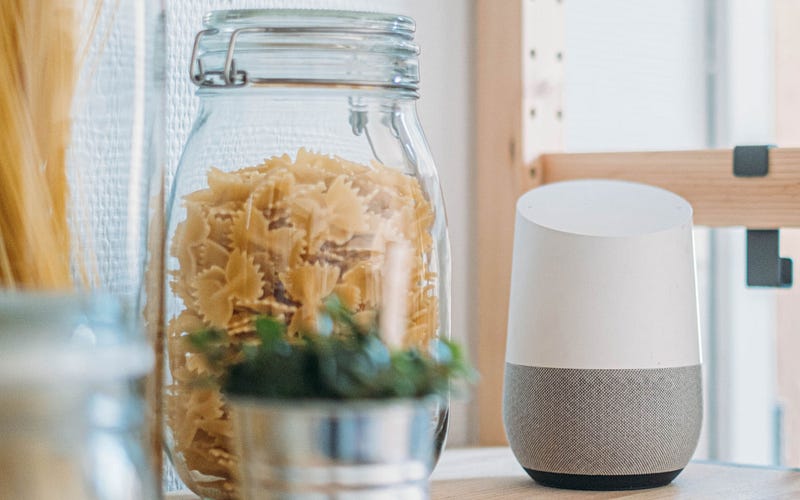
In practice, this means smart devices will be able to communicate effortlessly, allowing users to control them with their preferred voice assistants. Whether you want to manage a smart camera through Google Home or a smart speaker through Apple’s HomeKit, Matter will facilitate this flexibility, which is currently impossible.
The Scope of Matter: What to Expect
Upon its release, Matter will enable smart home devices from various manufacturers to interact regardless of their original operating systems. Supported products will include smart bulbs, switches, locks, blinds, thermostats, and more.
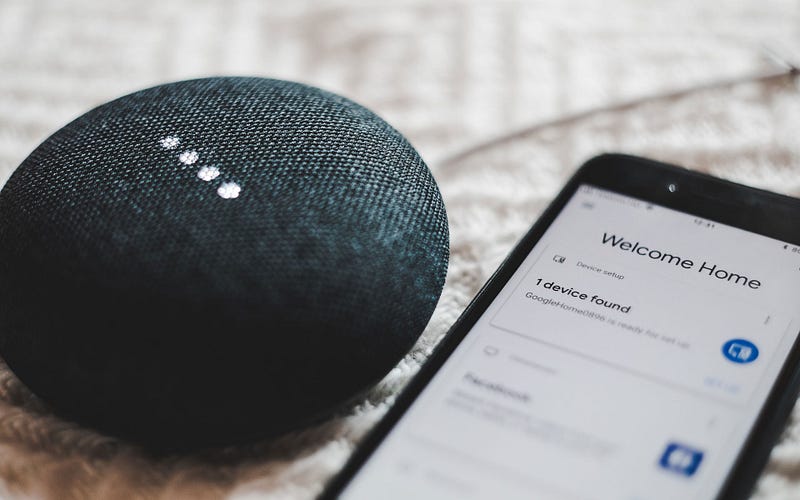
Several leading brands have already committed to supporting Matter, such as August, Schlage, and Yale for smart locks, and companies like Philips and LG for smart lighting. However, it’s important to note that while the Connectivity Standards Alliance oversees Matter, not all product categories will be supported at launch. Future updates will expand its capabilities.
Chapter 2: Timeline and Future of Matter
What’s Matter? - Crash Course Kids #3.1 - YouTube
This video introduces the concept of Matter and its significance in the smart home landscape.
Matter Compilation: Crash Course Kids - YouTube
This compilation explores various aspects of Matter, highlighting its potential impacts on smart home technology.
Matter has been in development for several years and is nearing its 1.0 release. Initially slated for completion last year, the timeline has been extended to ensure thorough testing across various devices and platforms. Currently, over 160 devices are undergoing Matter certification, and this number is expected to increase significantly by launch.
The anticipated release window for Matter is the fourth quarter of 2022. While delays are possible, the consensus is that Matter 1.0 will be available soon, with updates to follow.
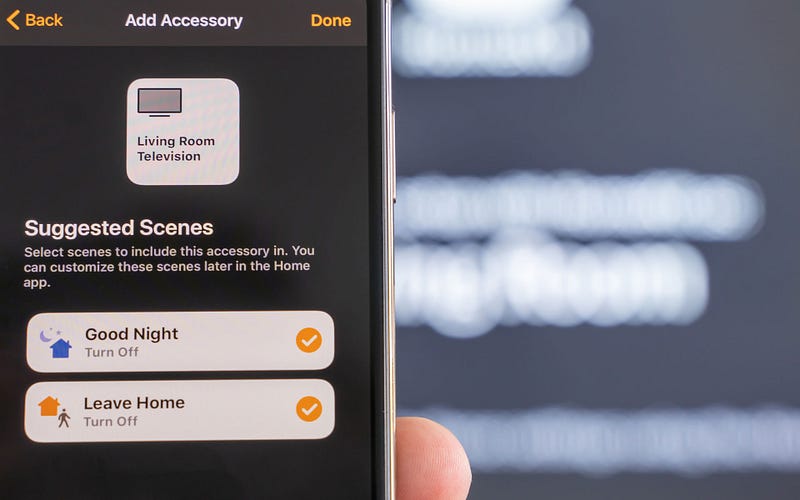
Will Matter Succeed?
The hope is that Matter will indeed succeed, as it is crucial for realizing the dream of a truly integrated smart home. Without interoperability, the seamless operation of various devices remains elusive, echoing the optimistic portrayals seen in science fiction.
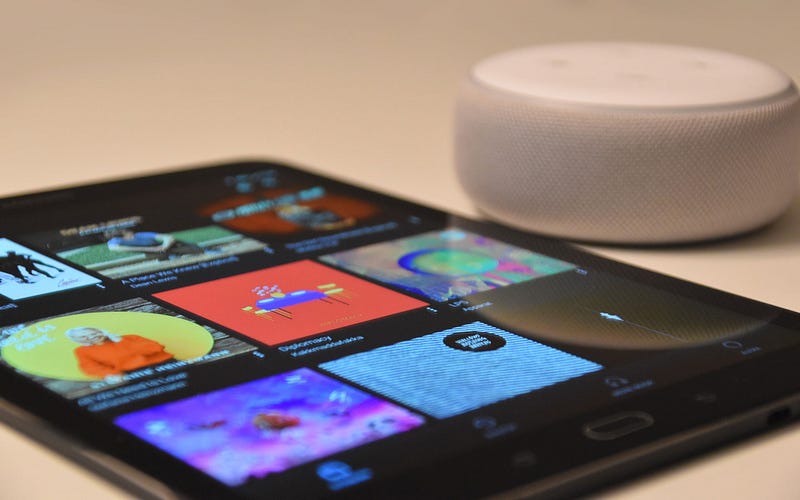
While skepticism exists regarding manufacturers’ full adoption of Matter, it is essential for the future of smart homes. If the major brands do not embrace this standard, the vision of a cohesive smart home will struggle to materialize. The reality is that while proprietary platforms will likely persist, Matter’s success is vital for advancing the overall concept of smart homes.